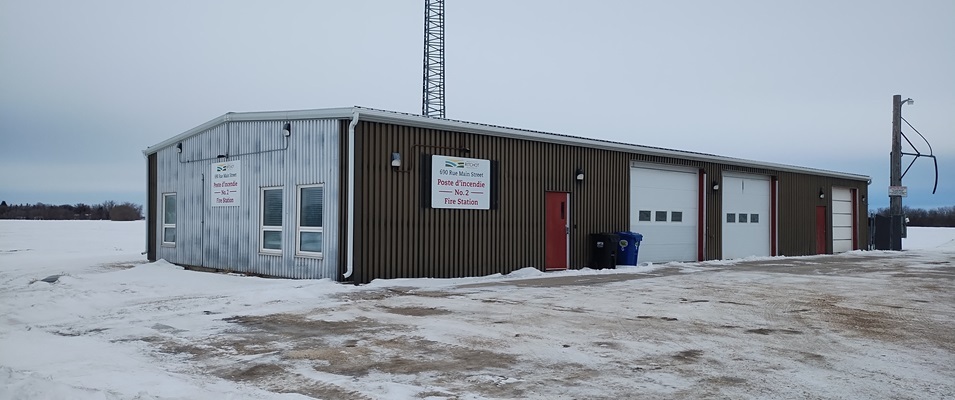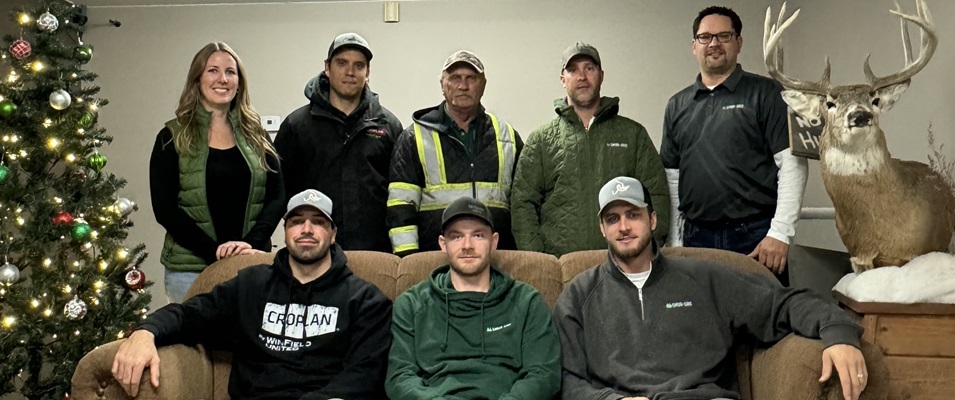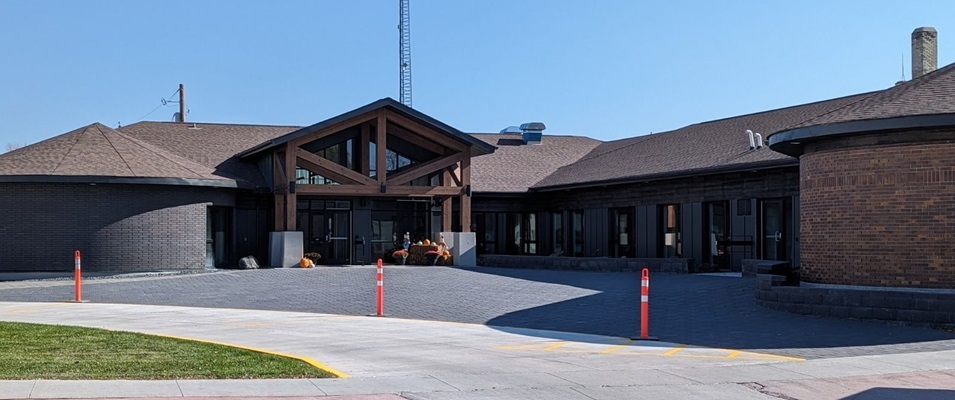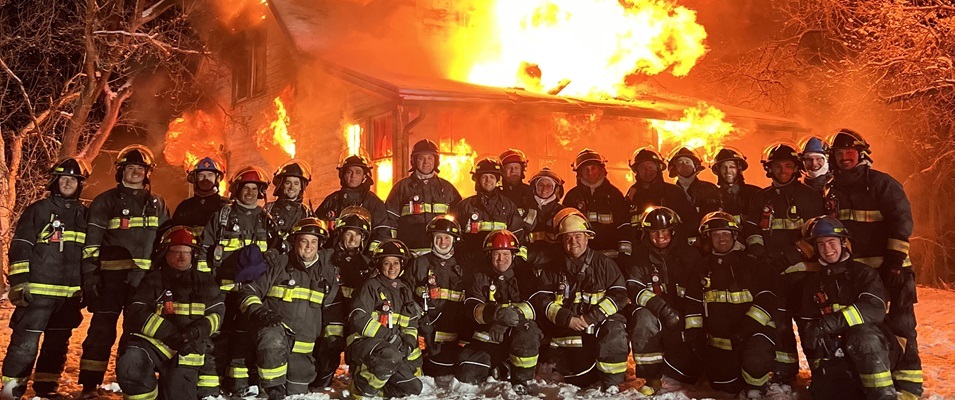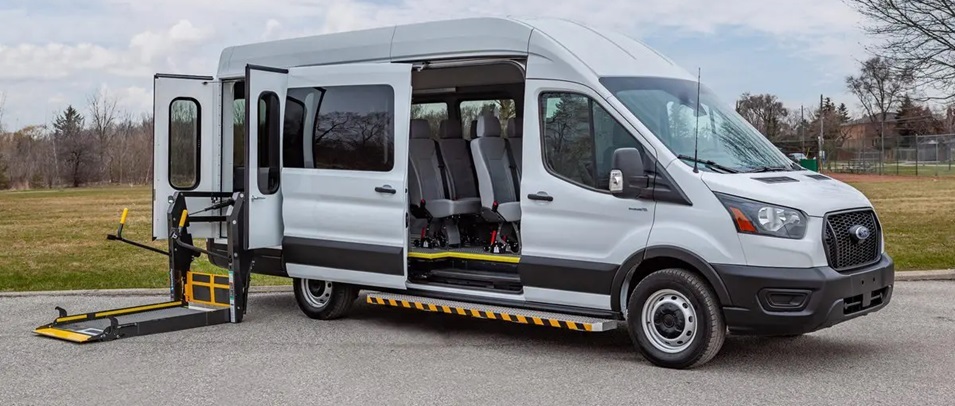
A group of five Niverville volunteers have banded together under a common purpose: to help reduce transportational barriers for the community’s seniors and those who are mobility-impaired.
Shirley Hoult, long known for her active service on the Niverville Communities in Bloom board, also sits as a member of this new committee. She says the volunteers were partly motivated by the federal government’s initiative stating that all Canadians have the right to take full part in society.
The other motivation is the limited local availability of a wheelchair-accessible mobility van.
When the committee started researching the possibility of purchasing vans, they contacted other communities in Manitoba that run successful mobility van services. In the process, they discovered the Rural Transit Solutions Fund, a federal funding program.
This fund, Hoult says, promises to provide up to 80 percent of the cost of mobility transportation.
“This was an opportunity we felt should be taken,” Hoult says. “Without this funding, any purchase of vans would likely be unrealistic.”
By January 31, the committee hopes to submit their application to the federal government. The application will be accompanied by 11 letters of support from various community organizations and individuals.
They are proposing to purchase a pair of 10-passenger mobility vans and believe the application will be looked upon more favourably if they can demonstrate the plan’s viability.
In collaboration with the Niverville Heritage Holdings Inc. board of directors, the committee is looking to community foundations for other available grants. As well, they are sending pledge letters to local businesses and individuals in the hopes that others will see value in the initiative.
The estimated cost for two vans is $330,000. If funding is received, around $264,000 should be covered. That leaves a balance of $70,000, which the committee hopes local donors will be willing to get behind.
Donations of $20 or more will be eligible for a tax receipt. At this stage, until and if the federal funds come through, the committee is merely collecting pledges. The Rural Transit Solutions Fund approval process could take up to four months, until which time no pledge monies will be collected.
If successful in their endeavour, the vans will be stored and managed by a staff person at the Niverville Heritage Centre. Although these details are still being worked out, Hoult says that the vans’ operating costs, including licensing and registration, will be covered by user fees, grants from the Manitoba Disadvantaged Transportation program, as well as ongoing local donations.
The goal, if possible, is to keep user fees to a minimum to ensure their accessibility. The vans will also need to be operated by a driver with a class-5 license.
“The vans will allow seniors, disadvantaged individuals, community groups, and families to become part of the community again, allowing them access within and outside the community to what we take for granted,” Hoult says. “[For example], trips to Winnipeg, local lunches, medical appointments, Nighthawks games, school events, picnics in the park… [these] help to remove the feeling of isolation, improve quality of life, and provide access for everyone.”








